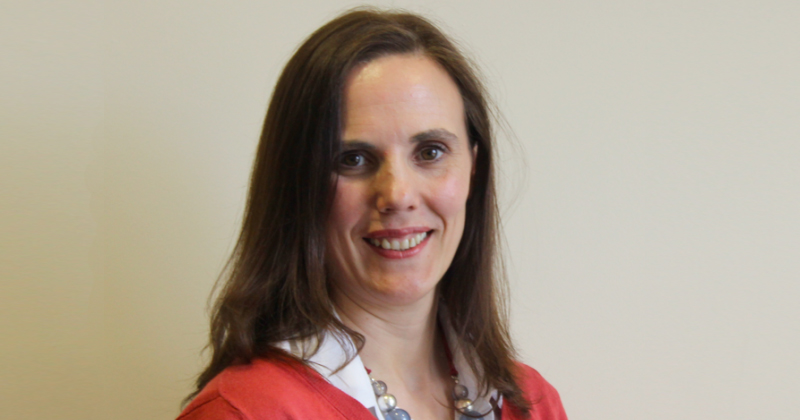Four council-maintained secondary schools in London closed classes this week when teachers walked out on strike over plans to increase class sizes up to 30.
Headteachers in the north London borough of Haringey also want to increase teacher-contact time so they “align with national standards”.
The schools – Fortismere, Gladesmore, Highgate Wood and Hornsey School for Girls – are among the last local-authority maintained secondaries in the borough.
They have adhered to an arrangement signed off by the council and union bosses in 1988 to cap classes at 27 and teacher contact time at 80 per cent.
‘Change ensure financial viability’
But in a joint letter to parents earlier this month, the schools said they have been operating “curriculum models that cost more than the funding we receive”.
To “ensure financial sustainability”, the secondaries “have had to make cost-saving decisions to varying extents”, including “delaying site development projects” and “carefully managing” recruitment.
They believe “aligning class sizes and teacher contact time with national funding levels is necessary to ensure our staffing models are financially viable and consistent with how schools operate across the country”.
National Education Union (NEU) members at the schools took part in the first set of walkouts yesterday.
The union is also re-balloting staff at Park View, the only other council-maintained secondary in the borough, on potential strike action after failing to meet the 50 per cent turnout threshold in an earlier poll.
Advisory, Conciliation and Arbitration Service (ACAS) talks between the schools and the union kicked off this week.
30-year agreement ‘broken’
Efe Kurtluoglu, the assistant secretary of the Haringey NEU, said it “feels like the breaking of a contract”.
“This agreement has been in place [almost] 40 years. Our members are angry, they want the schools to roll back these proposals.
“If they won’t, they need to come to the table with things we can offer our members.”
NEU teachers are also considering action in other London boroughs.
The union is balloting members across the Harris Federation in a row over teaching conditions, in what could be the biggest strike against a trust.
Meanwhile, the NASUWT union has also threatened strike ballots over plans by another large trust, Outwood Grange, to increase the school day past 2.30pm.
On the Haringey action, Brian Lightman, the former general secretary of the leaders’ union ASCL, said: “Rolls are falling in all sectors, particularly in primary, and budget constraints are affecting all kinds of schools, regardless of the structure they’re in.
“School have to make their budgets balance.”
Government figures show the secondaries racked up in-year deficits of up to £416,000 in 2023-24.
They each spent more on teaching and support staff per pupil than nearly all similar schools.
Haringey funding cut
A presentation to parents by Patrick Cozier, Highgate Wood’s head, stated the government’s national funding formula (NFF) worked on the assumption of 30-strong classes.
Before the introduction of the NFF in 2018-19, the council “re-distributed funding from the primary school sector to the secondary schools to compensate them for running a more expensive model”.
But with the formula benefiting “schools in typically poorly funded areas… the most”, the borough has lost out on cash, Cozier said.
Subsequently, the financial support for secondaries “is no longer available, which has created a critical financial shortfall”.
Cozier estimated the class size changes would generate £300,000 in savings. More than 500,000 secondary pupils – about 14 per cent of youngsters aged 11 or over – were taught in classes over 30 last year, a rise of 67 per cent since 2016.
Schools have ‘few solutions’
The schools also face falling rolls, with the crisis in London exacerbated by families leaving the capital in response to housing costs, Brexit and the Covid-19 pandemic.
Park View has 165 year 7 children, against a published admission number (PAN) of 243, which amounted to a £500,000 income drop, the school said. It is consulting on reducing PAN to 189.
Hornsey School for Girls also wants to cut its intake from 162 to 135.
Talking about the pressures of a falling roll, Cozier said increasing teacher-contact time “by one period per fortnight would reduce the cost of staffing our curriculum by approximately £100,000”.
Haringey council, speaking on behalf of the schools, said “progress is being made” on ACAS talks. It “remains hopeful” an agreement can be reached.











